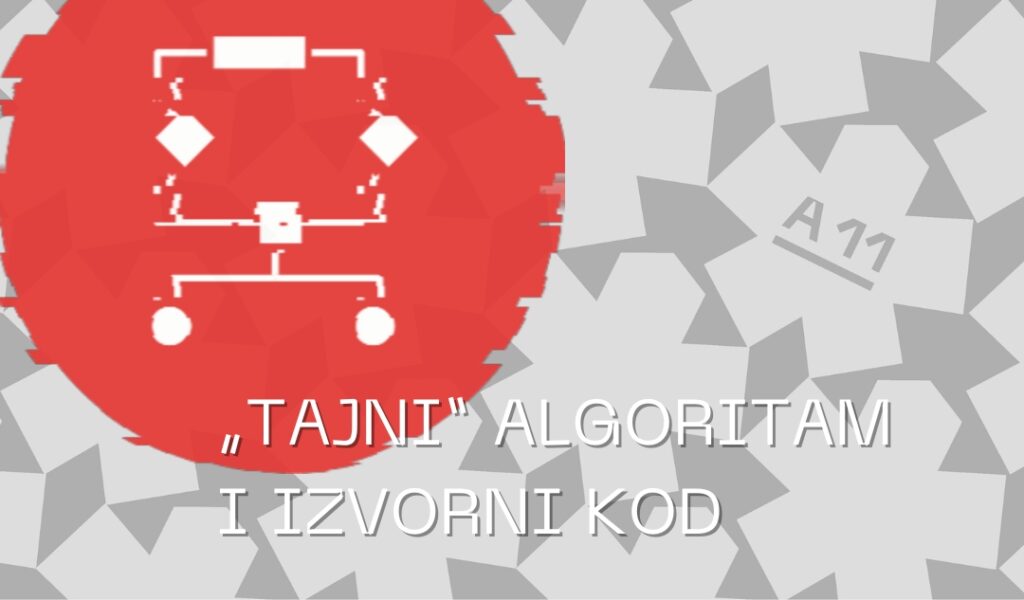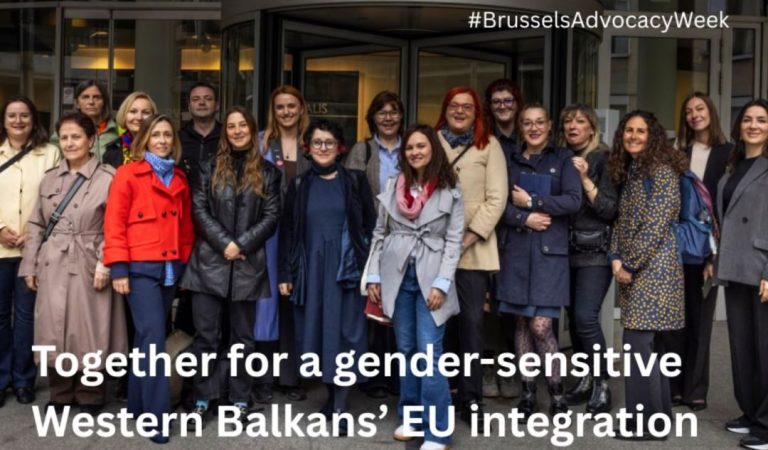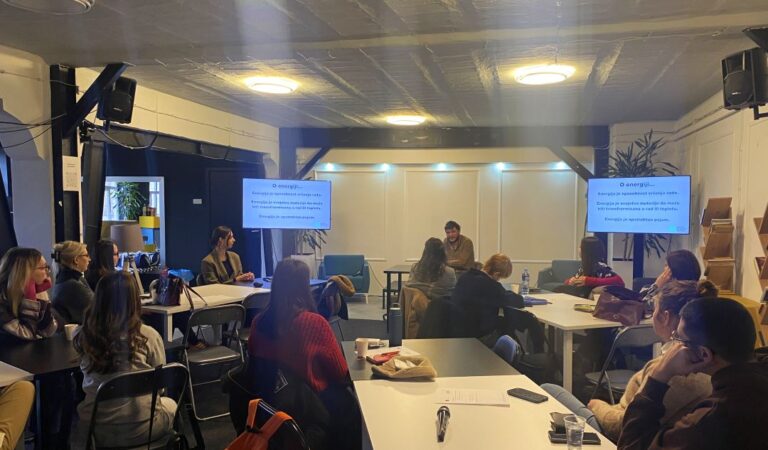The Commissioner for Information of Public Importance and Personal Data Protection annulled two decisions of the Ministry of Labour, Employment, Veterans and Social Affairs and ordered a re-decision on the demands of Initiative A 11 – to finally provide us with the algorithm and source code on which the Social Card is based.
Although it is well known that the Social Card Information System, which is managed by the aforementioned ministry and has been active for the last two years, is based on an algorithm and source code, Initiative A 11 has not been able to obtain them from this authority for two years.
An insight into the semi-automated way in which decisions on rights from social protection are made could explain how about 44,000 of the most vulnerable citizens of our country were left without the right to social assistance in two years of the law’s application.
The kind of saga that Initiative A 11 embarked on, seeking information of public importance, began as early as June 2022, immediately after the implementation of the controversial Social Card Law. The Social Card Information System, we suspect, relies on a non-transparent, harmful algorithm that semi-automatically, based on about 135 personal data from various databases, sends notifications to social workers throughout Serbia about changes in the status of social assistance beneficiaries.
Due to the sloppy arrangement of the entire system and the Social Card register, social workers are often left to deal with these systemically limited notifications without a clear, detailed insight into the situations in which individual citizens are beneficiaries of social assistance. This means that a notification to a social worker can inform that a person (or a person related to him) suddenly has a higher income, which in practice usually does not lead to a logical fact check, but as a consequence initially excludes citizens from the social protection system, without hearings of citizens in the procedure. Determining whether that citizen really earned more than he has to in order to receive social assistance – has been only a secondary activity for social work centers for the last two years.
The Ministry of Labour, Employment, Veterans and Social Affairs refused to provide the algorithm and source code of the Social Card system in the first attempt by Initiative A 11 to obtain information of public importance. It did the same in the repeated procedure after the complaint that we sent to the Commissioner for access to information of public importance and personal data protection. The Ministry did this by referring to arguments that have no legal or even logical foundation.
The Ministry reiterates in its answers that the source code of the Social Card system is of special importance and protected under the Law on Information Security, as well as that it is not proprietary software that is open to the public – therefore the source code is not information of public importance. They also argue that the source code is the property and “trade secret of the Ministry”, as well as that the “author’s work” is protected by the Law on Copyright and Related Rights.
The ministry further claims that it does not actually process any personal data, and that “there is no example anywhere in the world that an authority has made available to the public the source code of software applications that contain information that is subject to information security protection measures.” They add that the disclosure of the algorithm and source code would be a “deliberate creation of huge risks for the functioning of the registry and protection against unauthorized access” and trade secrets, that the tender for the procurement of software with the supplier agreed on the preservation and confidentiality of data, that the source code is also an author’s work, so therefore it must not be violated.
The decisions of the Commissioner for Information of Public Importance and Personal Data Protection only confirm that the ministry has no reason to hide data from the public that directly affect the way in which citizens exercise their right to social protection services. First of all, Initiative A 11 raises the question – what is more important to the ministry – public interest or copyright?
The public has a right to know how our personal data is used and who decides on our rights and how. This, however, is also a question of the application of digital surveillance measures and the digital security of citizens.
In his latest decision on our complaint, the Commissioner requests that the Ministry – if it already decides to hide the source code, explain why it is important for a democratic society, i.e. why it is necessary and more important than the public’s right to know. If the intention of the Ministry is to introduce a “fairer distribution of social assistance, to improve the efficiency and proactivity of the work of the social protection authorities”, it is expected to open the methods of its work to the wider public.
The A 11 initiative is now waiting for a new, third decision from the Ministry, and first of all it expects that our requests will be finally acted upon and the source code and algorithm of the Social Card Information System will be delivered. As our team warned at the beginning of the month, at least 44,000 people have been left without the right to social assistance since the Social Card Law came into force, and due to this and other harmful effects of this act, we demand its immediate repeal.
It is clear that the most socially vulnerable citizens of Serbia are once again the subject of a state experiment with technological solutions.
Initiative A 11 continues to monitor the implementation of the Social Card, awaiting the decision of the Constitutional Court on our initiative for the assessment of constitutionality and legality. On our (Anti)Social Card platform, you can find out more details about the Social Card, with examples of abuses discovered in the field and relevant statistics for this sub-field of social protection.



